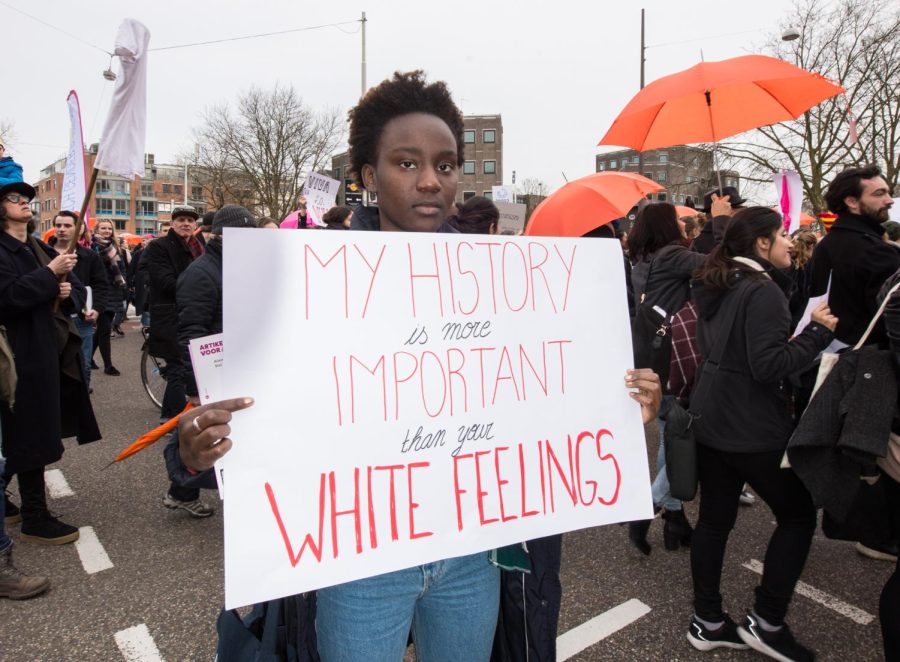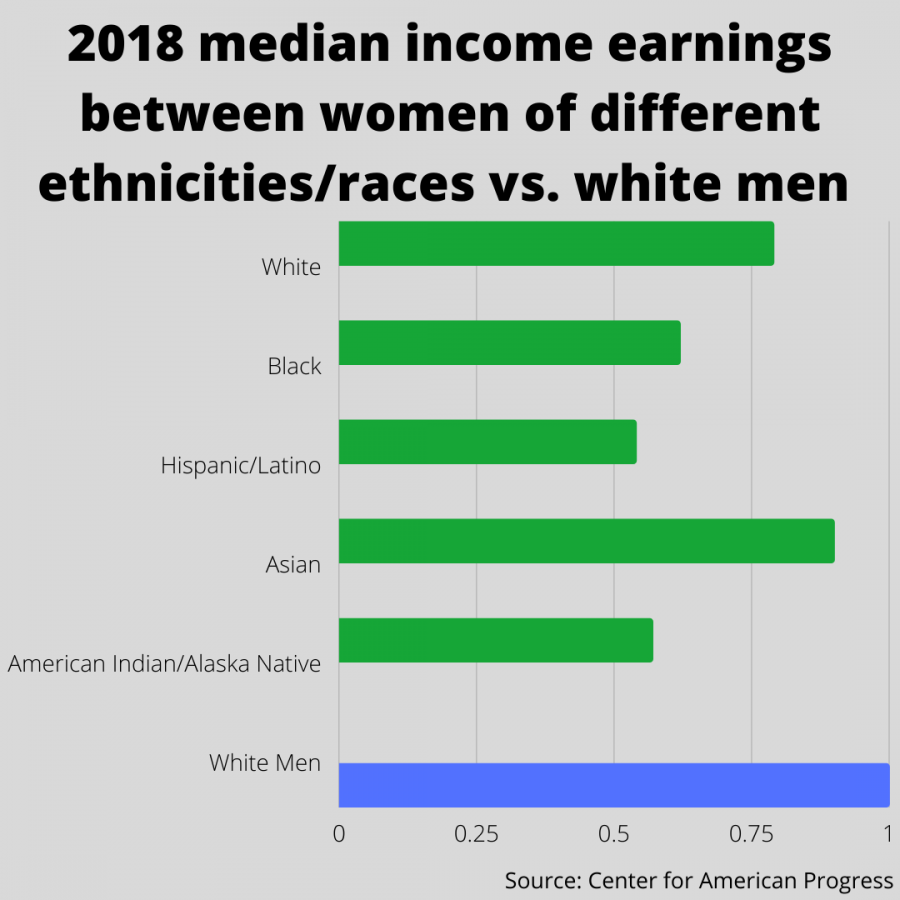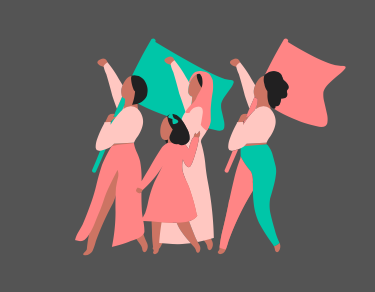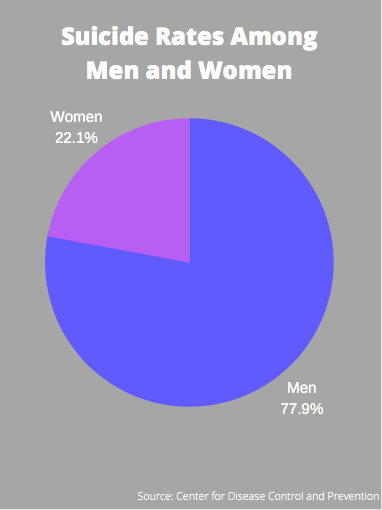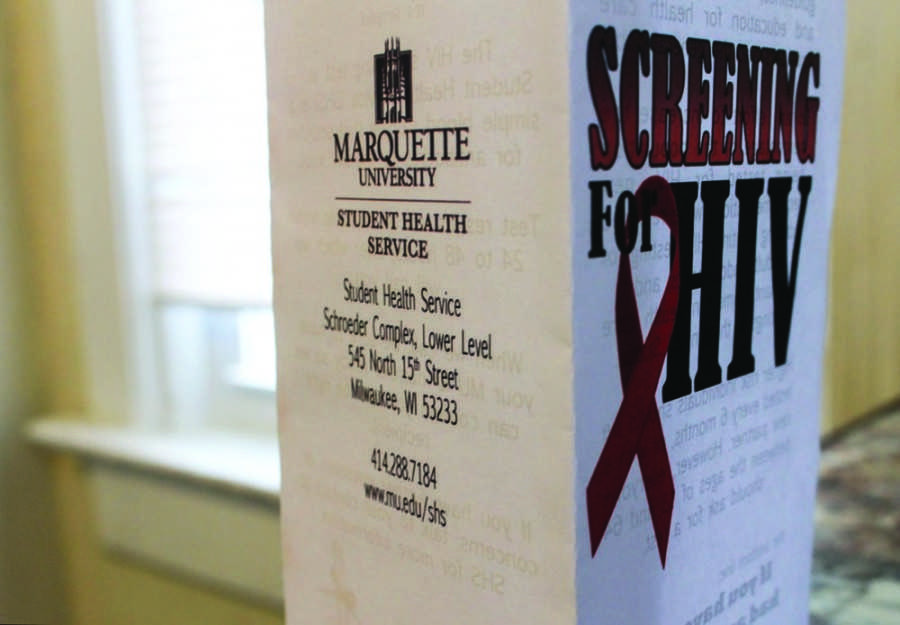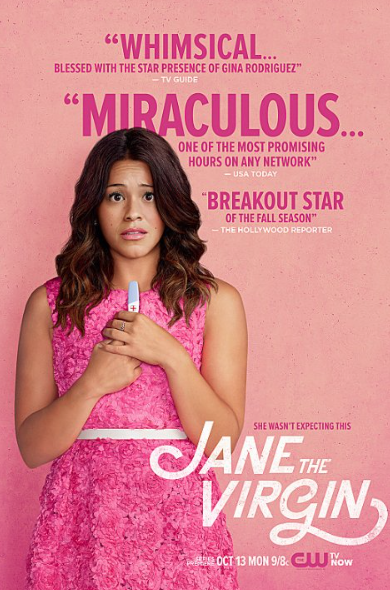This story is part of an Opinions series focusing on women’s issues.
Since the first wave of feminism, dating back to the Seneca Falls Convention in 1848 debating women’s equal rights, feminism has sought to end women’s oppression in civil, educational, religious and workplace-related scenarios. In recent years, mainstream feminism has adopted the philosophy of choice feminism, an idea that a woman is liberated because she is the one who makes a choice.
Choice feminism promotes sex positivity, liberating hookup culture and derogatory film pornography. Currently, hookup culture and degrading pornography depicting violence against women are damaging the ideals of feminism by creating toxic beliefs about the other sex and ignoring the core value of what they are trying to preserve: sexual acceptance.
Hookup culture is a loose term used to describe the current casual, meaningless forms of sexual intimacy that are common in millennials and Generation Z. Hookups are often seen as an exciting part of the quintessential college experience, because of the exhilarating exercise of freedom away from the restricting rules of home and high school. However, these hookups often result in negative and confusing emotions for both parties, expressed through guilt, regret and lowered feelings of connection. A 2008 Human Nature study conducted by psychologist Anne Campbell found that males felt sorry for using a woman for sex while women experienced negative emotions from feeling like they were used for sex. While there is remorse from both parties, an inherent power dynamic exists within these casual relationships.
Support for hookup culture has been found in various forms of media, such as the podcast “Call Her Daddy.” As a new form of feminism, host Alexandra Cooper and former host Sofia Franklyn speak crudely with guests about sex, relationships and personal empowerment under the guise of comedy. Seen as a raw take on feminism, “Call Her Daddy” attempts to normalize conversations regarding sex but instead largely focuses on taking power back in sex through manipulation and disregard for a sexual partner. Apart from the misogynistic comments regarding women’s appearances and their need to be more provocative should they not be conventionally attractive, Cooper and Franklyn, supposed feminists, encourage toxic behavior such as gaslighting, a form of abuse where one partner tries to convince the other to question their reality. In this scenario, Cooper and Franklyn insist on gaslighting to regain power and control in a relationship.
Shows like “Call Her Daddy” promote toxic sex positivity, encouraging listeners to engage in meaningless sex and manipulate their partners to embody the men they are hooking up with. The idea behind “Call Her Daddy” is to have an honest conversation about sex but fails at providing respect and equality to women and men.
Hookup culture promotes casual sex for women to choose their own sexual liberations with “no strings attached” as a rebuttal against the outdated philosophy that women get attached to their sexual partners.
This type of sex positivity also emphasizes the refutation of sexual repression, leading women to voice their desires that have been ignored or overlooked.
One of the most significant impediments to this is the pornography industry. Since the 1960s and 1970s, there has been a backlash against pornography and the subordination of women shown in it. Mainstream, heterosexual pornography has long been centered around the male gaze. In 2019, PornHub revealed that their audience demographics indicate men are the primary viewers of porn, as their United States audience is 70% male. Due to need to cater to the male gaze, the camerawork is centered around women’s bodies while showing few males, allowing the male viewer to put himself into the film as a screen surrogate through the male actor.
The pornography industry has exploited women by forcing them to engage in sexual acts for entertainment. In the widely popularized pornography film “Deep Throat” (1972), actor Linda Lovelace, who played the main character in the film, experienced sexual exploitation at the hands of her husband while seeing no money for the film. In her 1980 memoir “Ordeal,” she recounts her abuse in the pornography industry, such as her husband forcing her to engage in sexual acts for money. Lovelace was not alone in exploitation, as it has been proven that pornography directly relates to sex trafficking.
While there are ethical types of porn, such as feminist porn, the mainstream audience favors pornography that sexually abuses and degrades women, which upholds unethical pornography practice and development. Many women are coerced into performing for the camera. These films show fantasies that train viewers into thinking that sex is violent and abusive, rather than fully educating what true sexual relations are like in reality.
The shortcoming of both hookup culture and the growing pornography industry is that both lack an emphasis on relationships. This lack of intimacy and respect in sexual relationships creates a negative effect on sex positivity. Sex positivity is about the full expression of sexuality and the sexual liberation one faces when making choices about feeling in one’s body. However, in the practice of sex positivity, there has been too much focus on the actual act of sex and how it is practiced. Core values were lost in the current dialogue regarding sex: Freedom. Consent. Acceptance.
Sexual expression must be encouraged, but more importantly, engaging in sex should leave partners feeling fulfilled and connected, not used and exploited.
This story was written by Laura Niezgoda. She can be reached at laura.niezgoda@marquette.edu





